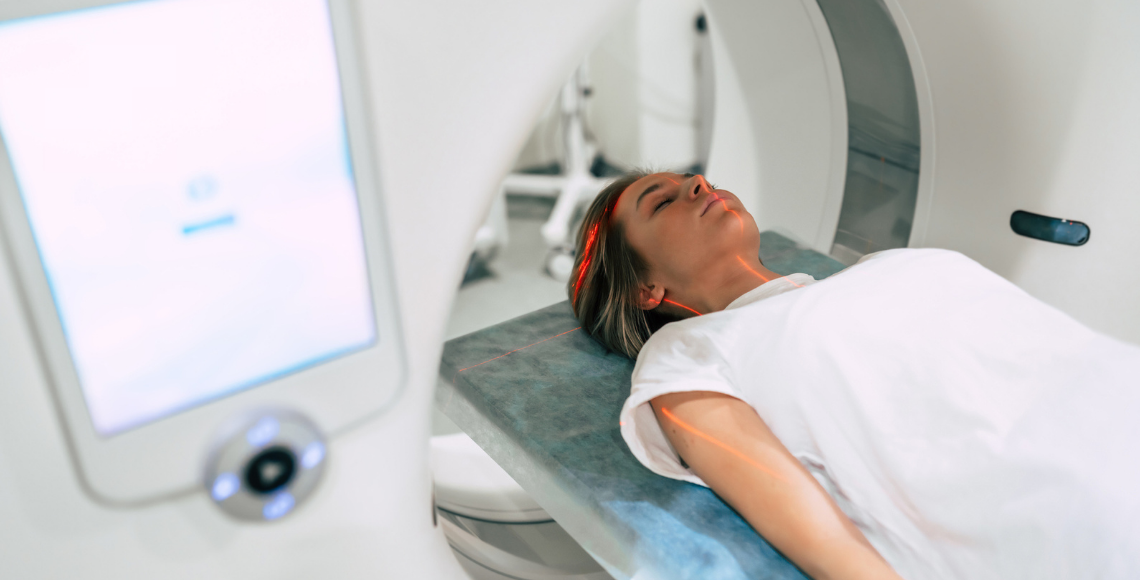Silent functional MRI – a novel approach to imaging the brain in health and disease
PhD Impact Story
The typical noise of MRI scanning is at the same level as standing next to a speaker at a concert. This means that participating in MRI research can be off-putting for those sensitive to loud noises – a common experience for many individuals and particularly for those with autism spectrum disorder.
The scanning noise is especially loud when using a method known as functional MRI (or fMRI), which detects brain activity and has been used in neuroscience to investigate links between behaviour and the brain for many years. However, there are currently no methods to remove the loud noise that can be applied across all fMRI studies.
Dr Nikou Damestani is a former PhD student supported by our BRC who investigated the capabilities of a new, near-silent fMRI technique known as Looping Star. Looping Star will make imaging more accessible and improve the patient experience of fMRI research. Looping Star could also reveal new distinctions in the links between brain and behaviour by removing the interacting effects of the loud noise of the scanner. This can establish new avenues of research including numerous cohorts such as infants and psychiatric patients; ultimately facilitating the accessibility of fMRI research.
National and International Collaboration
Nikou’s project involved implementing, evaluating and optimising Looping Star by comparing it with a conventional, noisy fMRI technique. Her project was conducted in collaboration with the developers of Looping Star at GE Healthcare, a US-based, global medical technology company. Four of the studies that she worked on were accepted for presentation at international conferences and she has received positive and constructive feedback at the local Service User Advisory Group. Nikou was also awarded funding under the NIHR IVSA scheme to present her work at the University of Nottingham at the end of 2018.
Trialling Looping Star with adults with autism
The project received funding from the NIHR Maudsley BRC Novel Neuroimaging Applications call to conduct the first ever application of this method in adults with autism spectrum disorder, in collaboration with Professor Grainne McAlonan at King’s College London. The first phase of the study, published in March 2021, showed that Looping Star can be used successfully with an auditory fMRI task.
Demonstrating the use of a silent fMRI technique opens the possibility of performing more advanced tasks across cohorts that previously couldn’t be scanned. Nikou is working with diverse groups within the IoPPN to conduct further neuroscience research, as well as collaborating with universities in Europe and the USA on optimising Looping Star for wider use.
Read more in her blog about Looping Star here.
IMPACT AREAS:
Developing Resources for Research | Novel Diagnostics and Therapeutics






